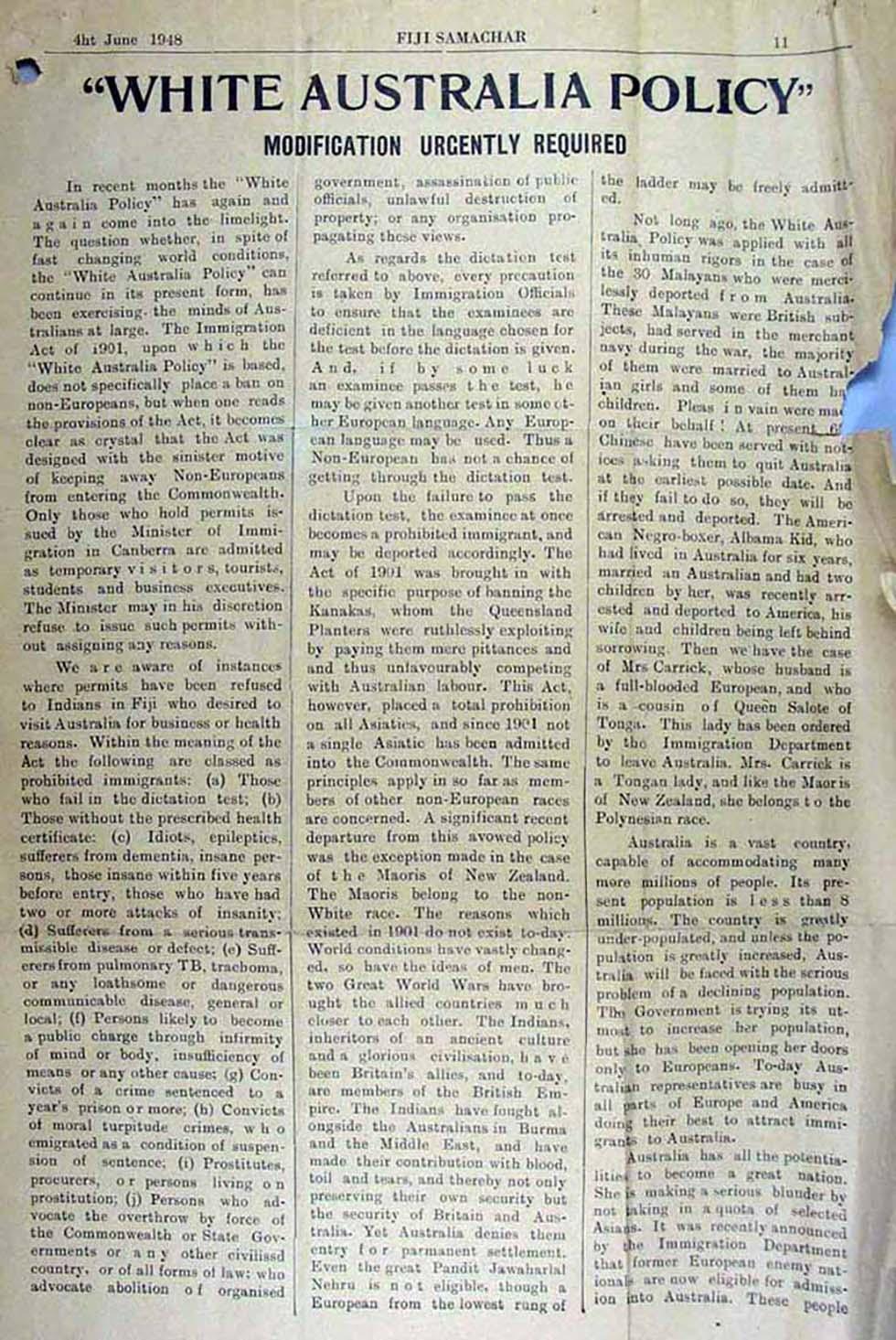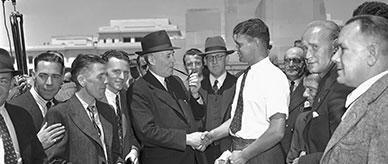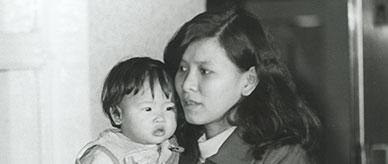


Transcript
[Header:] 4ht [sic] June 1948 FIJI SAMACHAR 11
[Headline:] "WHITE AUSTRALIA POLICY"
[Subheading:] MODIFICATION URGENTLY REQUIRED
In recent months the "White Australia Policy" has again and again come into the limelight. The question whether, in spite of fast changing world conditions, the "White Australia Policy" can continue in its present form, has been exercising the minds of Australians at large. The Immigration Act of 1901, upon which the "White Australia Policy" is based, does not specifically place a ban on non-Europeans, but when one reads the provisions of the Act, it becomes clear as crystal that the Act was designed with the sinister motive of keeping away Non-Europeans from entering the Commonwealth. Only those who hold permits issued by the Minister of Immigration in Canberra are admitted as temporary visitors, tourists, students and business executives. The Minister may in his discretion refuse to issue such permits without assigning any reasons.
We are aware of instances where permits have been refused to Indians in Fiji who desired to visit Australia for business or health reasons. Within the meaning of the Act the following are classed as prohibited immigrants: (a) Those who fail in the dictation test; (b) Those without the prescribed health certificate: (c) Idiots, epileptics, sufferers from dementia, insane persons, those insane within five years before entry, those who have had two or more attacks of insanity; (d) Sufferers from a serious transmissible disease or defect; (e) Sufferers from pulmonary TB, trachoma, or any loathsome or dangerous communicable disease, general or local; (f) Persons likely to become a public charge through infirmity of mind or body, insufficiency of means or any other cause; (g) Convicts of a crime sentenced to a year’s prison or more; (h) Convicts of moral turpitude crimes, who emigrated as a condition of suspension of sentence; (i) Prostitutes, procurers, or persons living on prostitution; (j) Persons who advocate the overthrow by force of the Commonwealth or State Governments or any other civilissd [sic] country, or of all forms of law; who advocate abolition of organised government, assassination of public officials, unlawful destruction of property; or any organisation propagating these views.
As regards the dictation test referred to above, every precaution is taken by Immigration Officials to ensure that the examinees are deficient in the language chosen for the test before the dictation is given. And, if by some luck an examinee passes the test, he may be given another test in some other European language. Any European language may be used. Thus a Non-European has not a chance of getting through the dictation test.
Upon the failure to pass the dictation test, the examinee at once becomes a prohibited immigrant, and may be deported accordingly. The Act of 1901 was brought in with the specific purpose of banning the Kanakas, whom the Queensland Planters were ruthlessly exploiting by paying them mere pittances and thus unfavourably competing with Australian labour. This Act, however, placed a total prohibition on all Asiatics, and since 1901 not a single Asiatic has been admitted into the Commonwealth. The same principles apply in so far as members of other non-European races are concerned. A significant recent departure from this avowed policy was the exception made in the case of the Maoris of New Zealand. The Maoris belong to the non-White race. The reasons which existed in 1901 do not exist to-day. World conditions have vastly changed, so have the ideas of men. The two Great World Wars have brought the allied countries much closer to each other. The Indians, inheritors of an ancient culture and a glorious civilisation, have been Britain’s allies, and to-day [sic], are members of the British Empire. The Indians have fought alongside the Australians in Burma and the Middle East, and have made their contribution with blood, toil and tears, and thereby not only preserving [sic] their own security but the security of Britain and Australia. Yet Australia denies them entry for permanent settlement. Even the great Pandit Jawaharial Nehru is not eligible, though a European from the lowest rung of the ladder may be freely admitted.
Not long ago, the White Australia Policy was applied with all its inhuman rigors in the case of the 30 Malayans who were mercilessly deported from Australia. These Malayans were British subjects, had served in the merchant navy during the war, the majority of them were married to Australian girls and some of them had children. Pleas in vain were made on their behalf. At present [number unreadable due to torn paper] Chinese have been served with notices asking them to quit Australia at the earliest possible date. And if they fail to do so, they will be arrested and deported. The American Negro-boxer, Albama Kid, who had lived in Australia for six years, married an Australian and had two children by her, was recently arrested and deported to America, his wife and children being left behind sorrowing. Then we have the case of Mrs Carrick, whose husband is a full-blooded European, and who is a cousin of Queen Salote of Tonga. This lady has been ordered by the Immigration Department to leave Australia. Mrs. Carrick is a Tongan lady, and like the Maoris of New Zealand, she belongs to the Polynesian race.
Australia is a vast country, capable of accommodating many more millions of people. Its present population is less than 8 millions [sic]. The country is greatly under-populated; and unless the population is greatly increased, Australia will be faced with the serious problem of a declining population. The Government is trying its utmost to increase her population, but she has been opening her doors only to Europeans. To-day Australian representatives are busy in all parts of Europe and America doing their best to attract immigrants to Australia.
Australia has all the potentialities to become a great nation. She is making a serious blunder by not taking in a quota of selected Asians. It was recently announced by the Immigration Department that former European enemy nationals are now eligible for admission into Australia. These people
[End of record excerpt.]
Related themes
Need help with your research?
Learn how to interpret primary sources, use our collection and more.


